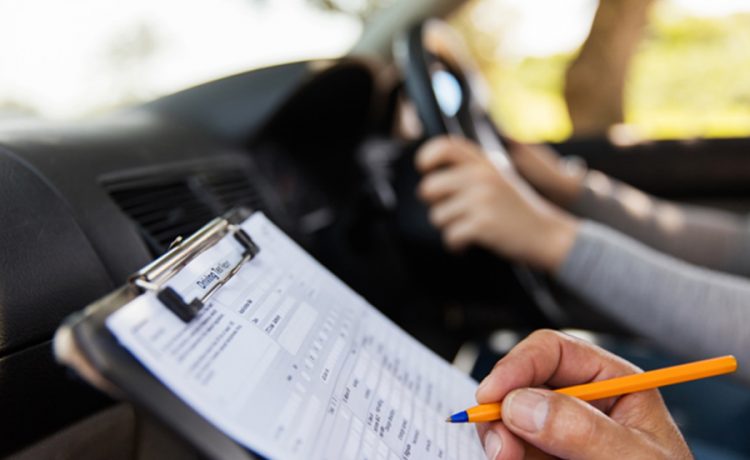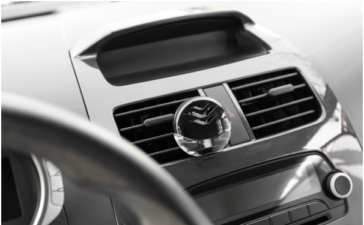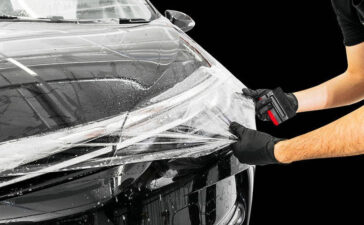Want to pass your DMV test with flying colors?
Getting a driver’s license is one of the biggest milestones in one’s life. Driving gives people a sense of freedom and opens up that sense of wanderlust. However, not many nail their drivers’ test on the first try.
Many driving students fail due to anxiety from being behind the wheel. Others fail on the technical aspect, like making wide turns or ignoring signals.
Want to know how to pass your DMV test?
This article covers some great tips on getting your drivers’ license. Read on to learn how to get your driving permit today!
Read Your Local DMV Handbook
One of the first things you need to pass your DMV test is reading your DMV handbook. Each state may have different rules when it comes to road safety and driving. Go to your local DMV and ask for a copy or look at their website.
Dedicate some time to study and memorize specific information. Take a notebook or some sheets of paper and jot down some notes if needed. Some crucial information to take note of include speed limits and parking distances.
It also helps to look at fines and punishments and when to use your high beam and low beam lights. Ensure to remember all traffic signs and what they mean.
You may even find online DMV cheat sheets online. This includes sample questions, requirements, and tips for getting your license.
Know Your Car
Get to know your car before the date of your drivers’ license test. This gives you a bigger advantage in the playing field as you won’t be scrambling to look for controls. It helps to know where your windshield wipers and light buttons are, especially when it rains.
Each car model has differences, from the pedals to the brakes. Older models may need more force compared to newer, more intuitive car models.
It’s also good practice to inspect your vehicle before your test. Your car must qualify as road legal before you can use it for your DMV test. The following includes some items that your test instructor may look for before the test:
- Valid registration
- Working horn, speedometer, and windshield wipers
- Working interior safety equipment, including rearview mirrors, seatbelts, and airbags
- Working doors and external mirrors
- Function tail, head, brake, and emergency lights
- No service lights on the dashboard, like the check engine light
- Current insurance and inspection
To ensure you don’t run into any surprises, run an inspection on your vehicle. You can do this a week before your test.
Master the Basic Maneuvers
Master basic driving maneuvers before your test. This will give you a good foundation for success. Don’t take for granted simple tasks like accelerating and stopping your vehicle.
Aggressive braking is one of the most critical mistakes you can make during a test. If you have jumpy nerves, you may be prone to aggressive braking during your test. Practice braking about a quarter mile so you can come to a smooth stop.
Basic maneuvers include three-point turns and reversing. It’s also best to practice your steering control and to make complete stops.
Learn How to Parallel Park
One of the hardest maneuvers to master for many drivers is parallel parking. While it can be frustrating to learn at first, it’s a crucial skill for drivers in urban areas. Some states have eliminated parallel parking from their DMV tests.
However, it’s still worth mastering how to parallel park. Parking spaces aren’t always easy to come by, so it’s up to you to adjust. This skill is sure to come in handy once you become a seasoned driver.
Take a Practice Test
Aside from getting a few good study sessions in, consider taking some practice tests. These can help you familiarize yourself with test questions along with their answers. Taking a few practice tests can even make the official test seem easier.
When looking for a DMV practice test, find one that is specific to your state. This gives you a better idea of what to expect on the day of your exam. It also helps to look for an
Looking for a free DMV practice test? Check out Dmvtest.autos to get some practice in today.
Keep Your Eyes on the Road
On the day of your test, you may feel nervous and get tempted to check in with your instructor. You don’t need to know what your instructor is writing down during the test. One of the main rules of driving is to keep your eyes on the road.
Checking in with your driving instructor will only distract you from the road. This does impact not only your concentration but also your skill and safety. Remember to keep your eyes on the road to ensure safe driving.
You will also need to watch your surroundings, especially when you reverse. While your new car may have camera technology, you won’t be able to use them during the test. Being a good driver means being a good observer, and your instructor is sure to notice this skill.
Avoid laser-focusing on the road while driving. It’s good practice to look at your rear and side-view mirrors to know what other cars are doing.
Don’t Overthink Mistakes
If you make a mistake during the test, don’t assume that you’ve already failed. You may have gotten away with making a non-critical mistake. Overthinking your errors will only lead to more anxiety and impact your performance.
Instead, focus on getting you and your instructor around while ensuring your safety. To lessen the anxiety during the test, ensure to get enough sleep the night before. Eat a full meal, and don’t rush to get to the DMV center.
How to Pass DMV Test on Your First Try
Here are some great tips for passing your DMV test. The only thing you need to know about how to get a driving permit is safe and lawful driving. Use this guide and ace your test today.
Thanks for reading our article. Want to learn more driving and car maintenance tips? Check out our other blog posts to find out more.









